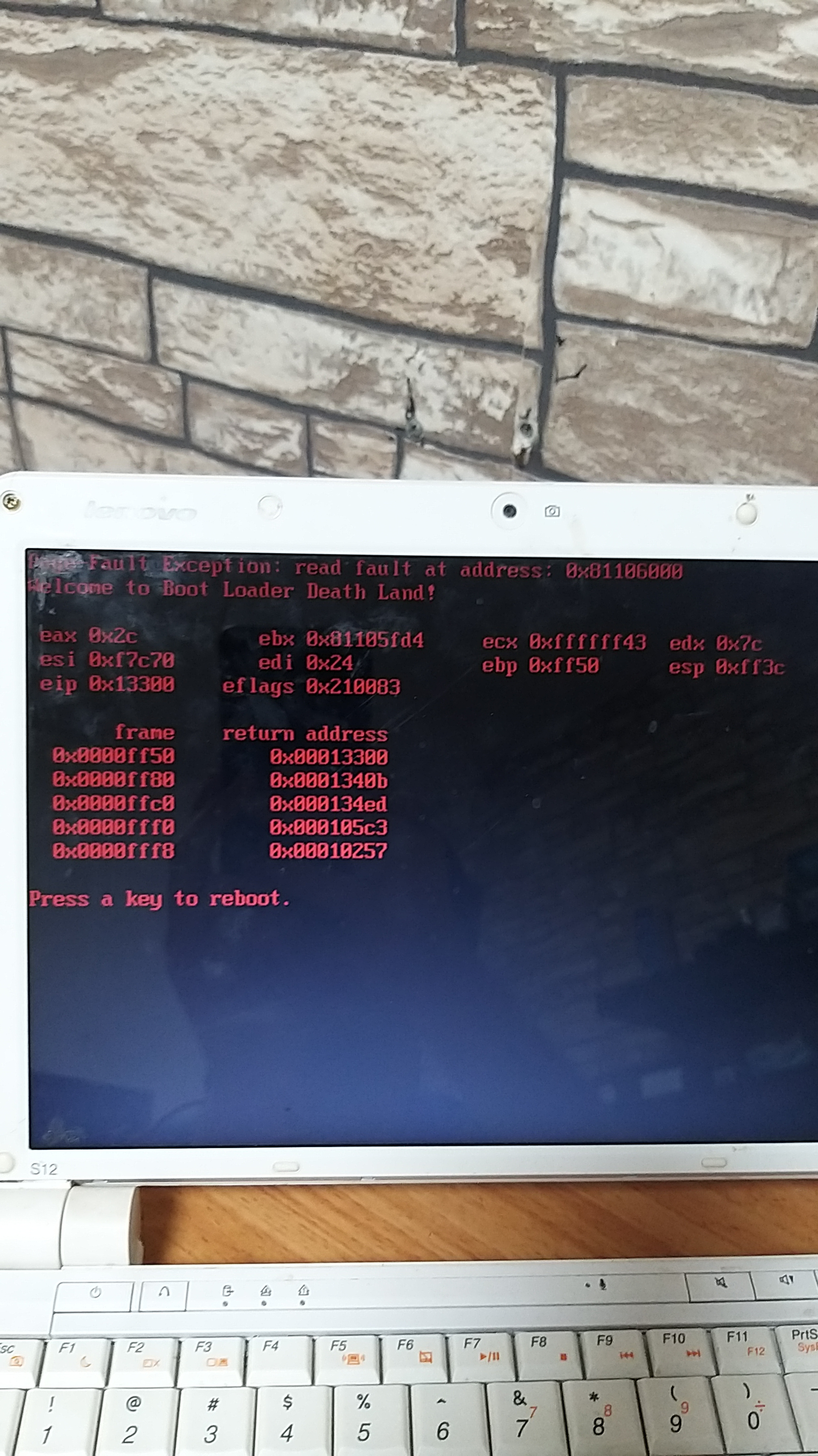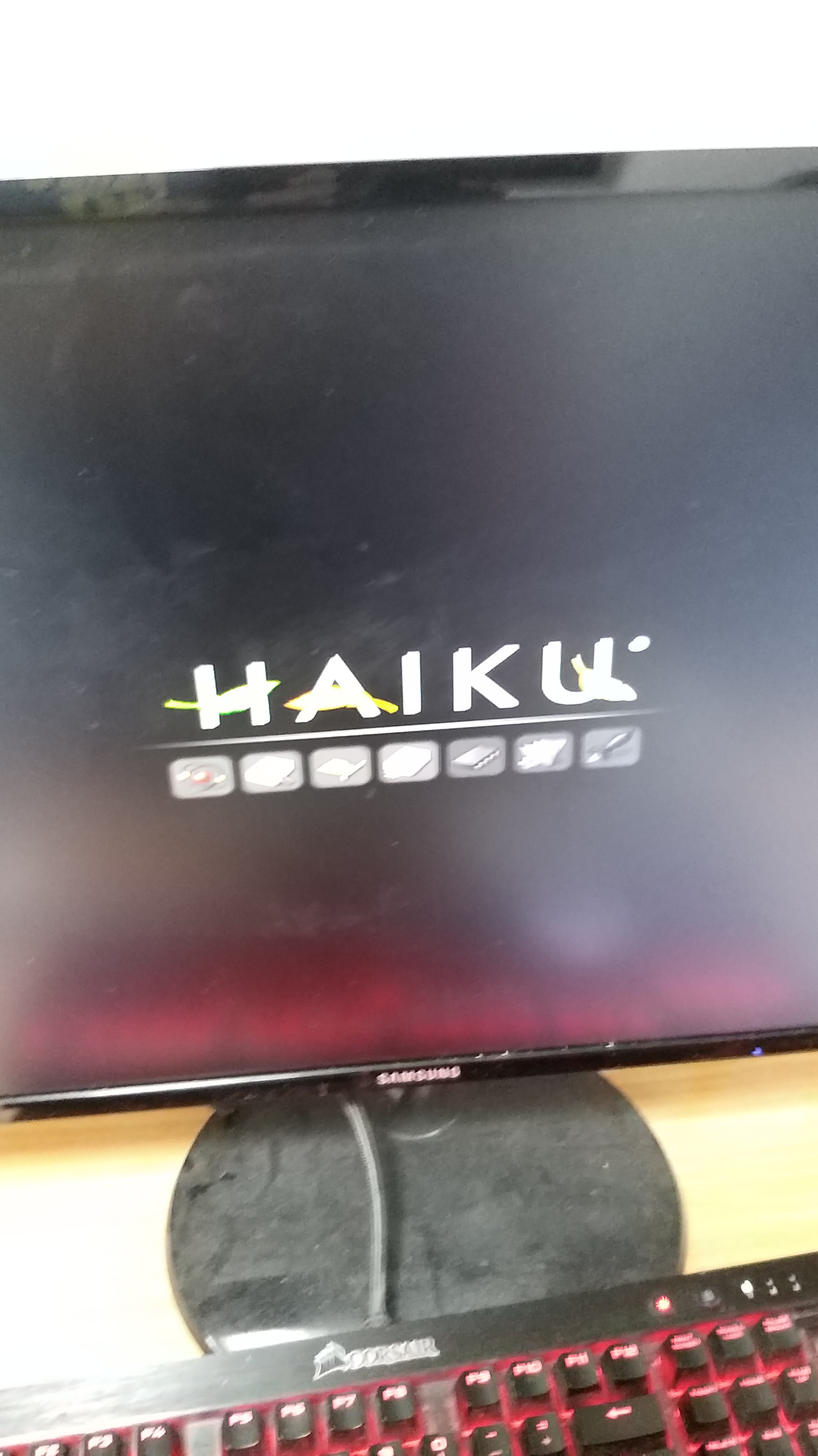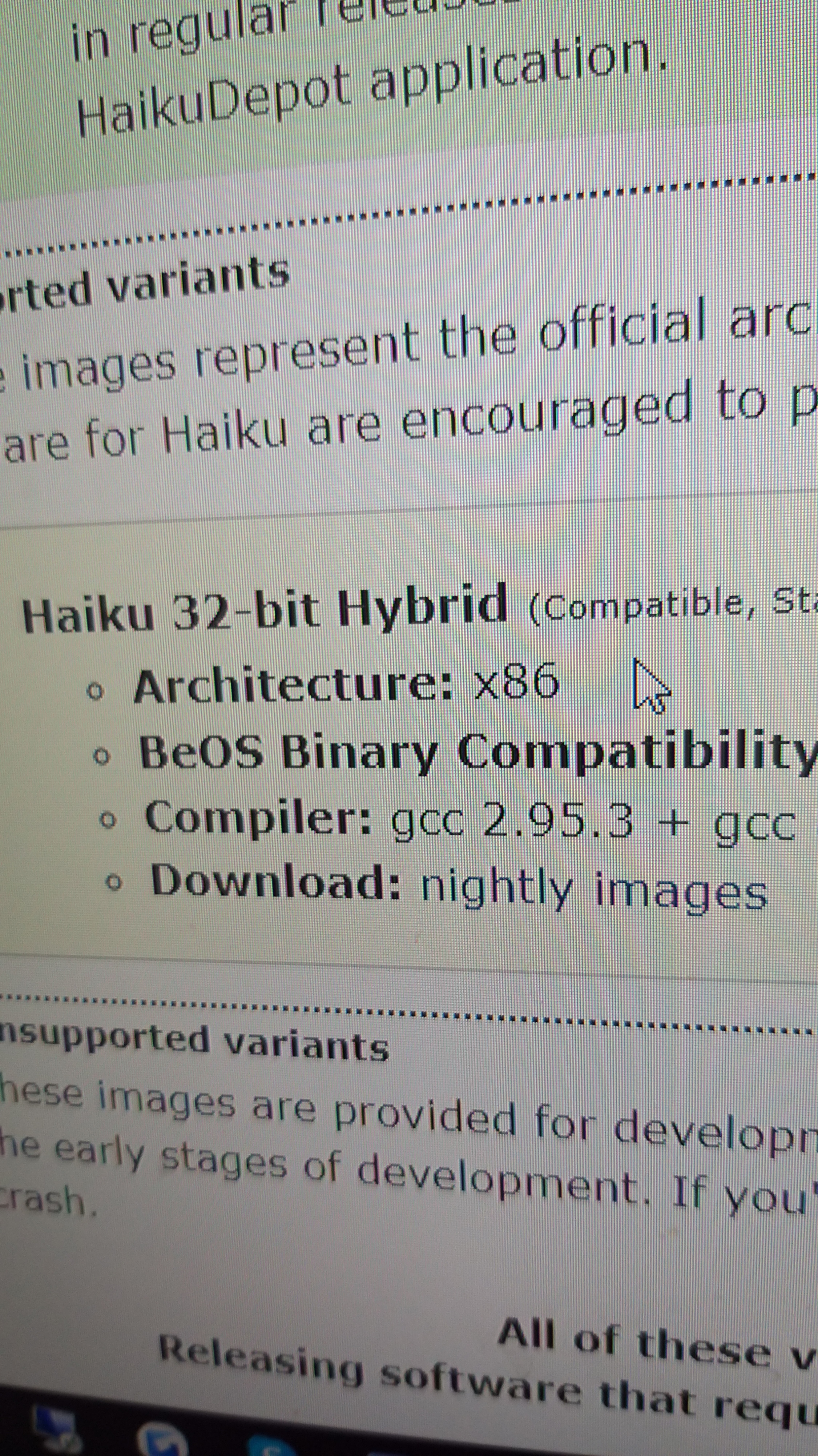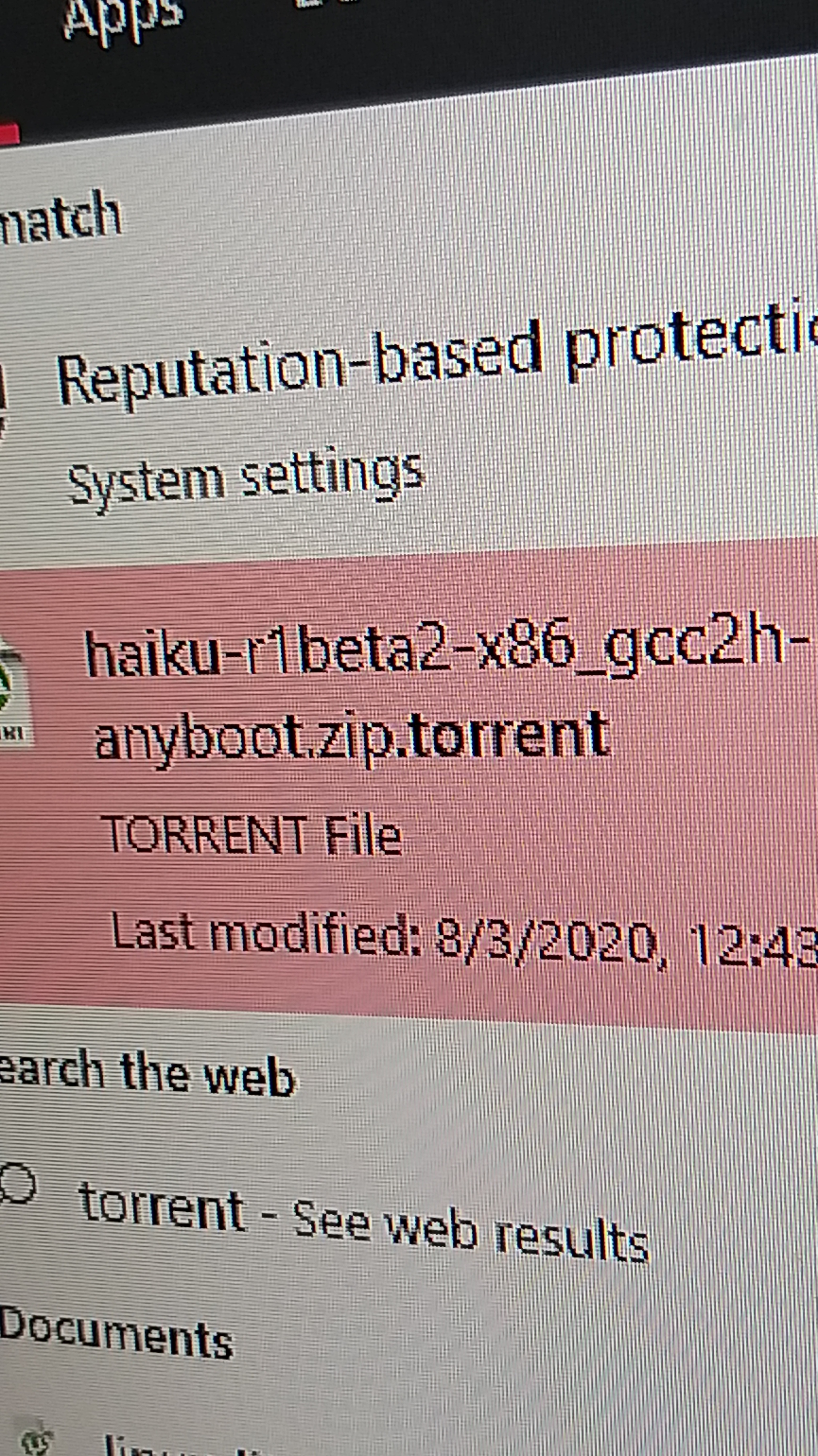Well, that’s exciting. I imagine something must have blown up big time for it to be spitting out the current register values and some sort of debug info regarding stack frames.
I want to say I booted an older version of Haiku from a USB stick on my HP T5740 (has an Intel Atom N280) once and it seemed to start up fine, though it wasn’t this latest version. So I’m sure the processor is not an issue (you know unless your model actually has the Via Nano processor instead) and if you were doing fine running some other OS the ram is probably okay. With just a single stick of ram and not very much (relative to modern configs) I would think any serious fault there would out itself quickly.
https://en.wikipedia.org/wiki/Lenovo_IdeaPad_S12
https://en.wikipedia.org/wiki/Nvidia_Ion
https://www.newegg.com/p/N82E16834146577
Looking at this, I’d speculate the graphics could be part of the problem. I assume you do in fact have the Intel Atom N270 version, so:
Looking at the Newegg listing it appears that this machine uses the Intel 945GSE chipset which brings the Intel GMA 950, but according to the wiki page NVidia Ion is also included somehow. So that means there is also an NVidia GeForce 9400M G kicking around somewhere. No idea what support for those is like, maybe switching between them is part of the problem?
I’d recommend giving some of the bootloaders options a try if you can make it that far into the process:
https://www.haiku-os.org/docs/userguide/en/bootloader.html
Of particular note is the ‘Use fail-safe graphics driver’ option; if you can successfully boot with that option then the issue is likely related to graphics. There are also some other options for getting ahold of syslog data.
P.S.
Possibly related to whatever caused the problem in this ticket:
https://dev.haiku-os.org/ticket/10351
One of the comments on that ticket reports that a similar problem was found with the Lenovo IdeaPad S10e which has very similar specs to the Lenovo IdeaPad S12 (different screen size?).
https://www.cnet.com/products/lenovo-ideapad-s10e/specs/
https://www.cnet.com/products/lenovo-ideapad-s12/specs/#p=lenovo-ideapad-s12-intel-atom-n270-1-6ghz-1gb-ram-160gb-hdd-xp-home-black/
The submitter of the ticket also noted that his Acer Aspire One A110L did not work either… Notably that system also uses the same cpu+chipset as the Lenovo models…
https://www.cnet.com/products/acer-aspire-one-a110l-8-9-atom-n270-linux-linpus-lite-512-mb-ram-8-gb-ssd-series/
P.P.S.
https://sites.google.com/view/hardware-list-for-haiku/notebooks-thinbooks-cloudbooks-etc
Acer Aspire One AOA150
Intriguingly the person who posted a compatbility report for this system indicates that it shares the same cpu and chipset as above and yet reports that it mostly works fine… They indicate the version used as hrev54460, so maybe it worth trying that image?




 But it’s bad that bootloader crashes
But it’s bad that bootloader crashes 